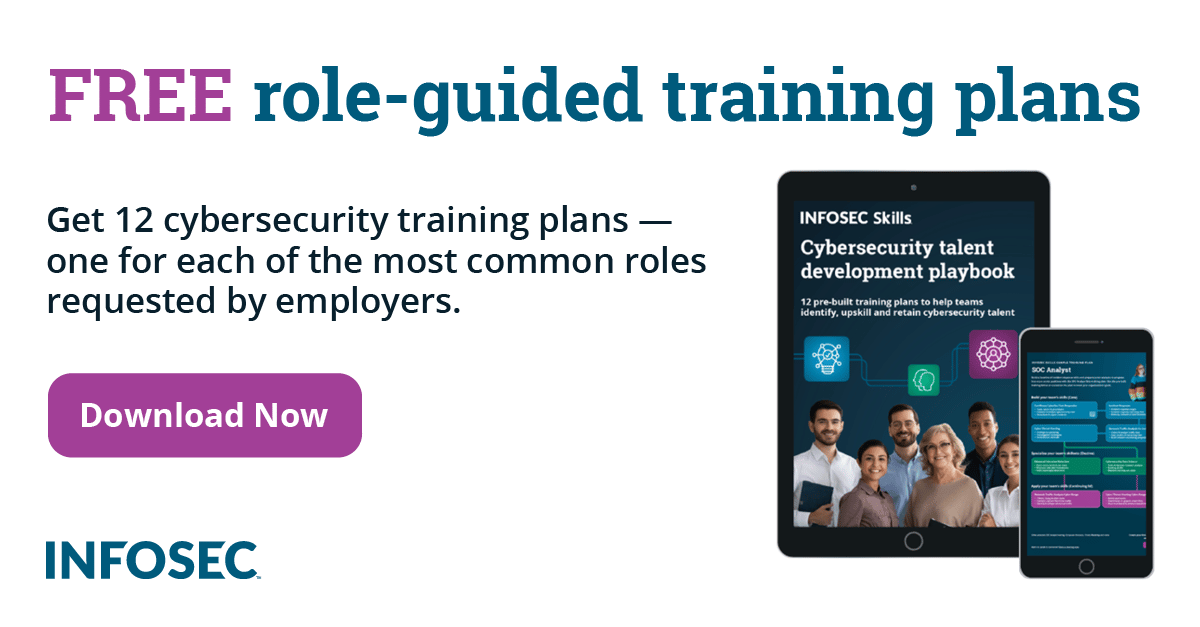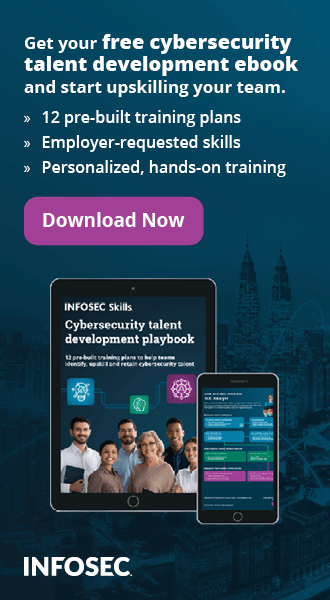Software Piracy - An Attempt to Assess the Problem
In many countries we are dealing with two very serious problems. These are copyright and piracy. I would like in this article to look a little closer at these two problems. Do not worry, this is not really another boring article. We all have to be on our guard, because we have ACTA (Anti-Counterfeiting Trade Agreement). But piracy is still a huge problem. Maybe it's time to look a little different at the copyright?
Who are they? What really shapes the personality of computer hackers and pirates?
In fact, what is happening is the fault of the so-called healthy society. Because is it the hacker's fault, as he was looking for freedom? Is it the fault of the pirate that very often leads to campaigns for film studios and instantly transmit his calls? I think it is not, in the end. Although I see some things today that are already a crime, many of them also need support in the depths of the soul. Everything I do, I try to do so, lest one fine day again there is a knock at my door with the words: "National Security Agency, open up!" We want to always be on your good side, and our beautiful community sees us differently. This article reveals the truth about each of us. But now I see how people see us from the outside.
Consider whether it's actually an antisocial hacker, a disgusting individual who wants to worship their unrestricted freedom, due to global electronic communication? Is he really able to hide behind his sterile screens, being fully invisible and hidden?
Hackers actually treat their thin slit between reality and your world as pure fun. In this way, it really gives a vent to all their desires. When they are hidden in the depths of their own world, there is not really a break from all the stress and tensions posed by everyday life. When you look at their mirror images, you never really see them, but a world of superheroes. In fact, while all the time they are immersed in the virtual world, not subject to any restrictions, but still evolving, sometimes they open the other eye to the reality around them.
The services developed by hackers today are already being used every second by Internet users, regardless of operating system or hardware platform. Thanks to this, there are very good conditions to create a community. This allows you to share with almost all the world each new prey. What are the main reasons? First of all, it is the pleasure of ever new feats. Many of my friends said that hacking is much better than an orgasm or being out with friends. Another reason is self-fulfillment. Most hackers are very reluctant to hire the computer companies that really are afraid of their knowledge. Another thing is that hardly any hackers have completed higher education. So the network can really show what they can do and show it all around.
And yet, this culture is also something more. The history of these people actually reaches the beginning of software development and is derived from MIT's academic environment. Even during the turbulent beginnings of software development one thing can be observed among these people. They skipped almost all of the complex factors that govern the material other people. In fact, among the hackers there is no such thing as commerce. Virtual reality really makes it so that they can create tons of free software without any restrictions.
So what does it look like in the case of software pirates?
Although I personally am against piracy, as a commercial activity, I have many friends who are involved in software security breaches, both in the form of hobby and professionally. These people have different personalities and really don different masks and identities. In the real world they are more or less respectable citizens. The only thing that limits them is a computer tightened law that suppresses people, and they really desire to overcome barriers.
At the beginning of the computer revolution, the law was really lax on computers. It was then that had the ideal conditions for this kind of fun, because no one ever worried about revealing the second cycle of computer games, software or hardware.
Today it is completely different. The mere possession of pirated copies of software is treated as profiteering. But note one small thing that is very obvious to me. While there are more stringent rules that govern the computer on the surface, the larger and more secretive work is done underground. Therefore, we must now expect a certain analogy. Well, in my opinion, we strive to not only have prohibited certain content available only for a certain group of people belonging to the circle of trust, but we must bear in mind, unambiguous identification of all pirated copies of software developers will be much more difficult, if not impossible. I think it will be one of the main tasks of computer forensics across the twenty-first century.
What are the accusations of software piracy?
There are several. The most important ones are always: stealing computer companies and developers of real income, stealing honestly earned money from the authors of the works, supposedly this has a very significant impact on the increase of software prices for all honest users and slows product development process by reducing the jobs sector.
Although I cannot agree with that 100%. Bill Gates once said that he does not care that people in China make illegal copies of the software. He will find a way to make him pay them for it. In addition, let's not confuse the recession in the computer industry with the activities of pirates. After all, we all know how to create computer games. Now programmers are hired, they are told to work on the game, and when they burn out, simply the next round is employed.
The truth is that in this business, no one wants to work. Notice how this differs from the approach to software development that takes place in Agile technologies.
In fact, it is not possible to have the dispute about who started the war, but it is slowly getting out of the next holy war, such as between Java and C #. Here we have a total of two opposing concepts. In fact, large corporations that want to get paid as much for their products have forced people to a free alternative. On the other hand, most companies explain that the development of free software had to push the price of software.
And now let's see how they look on the consumers. But the most often cited reason why most users choose to use illegal software is the price of regular firmware. Mostly it is disproportionately high in relation to the possibility of downloading free counterparts. Most users do not even mind the fact that they illegally use application software, so they become participants in the criminal trafficking. In this respect, the solution would definitely be to do an experiment, namely the obligation to buy publishing copyrights. But the purchase would take place at a price which is unsatisfactory to both parties. I am very curious to see whether such a utopia would actually be able to survive longer. Even more curious is that the parties would have broken it first.
How, then, should we evaluate the piracy?
And here again, there are two conflicting arguments. I myself am acutely aware that computer piracy is very bad and reprehensible in dealings. As a programmer, creating my own software, I agree with the fact that piracy has to be fought. But piracy has also a bright side. Surely it undoubtedly contributes to the development of many well-known brands. This is done mostly without any harm to the intellectual property rights of software authors.
Piracy is a lot worse in terms of commercial value. Each of you will probably agree with me unconditionally that the developers should be paid for their work, although the software developer has the right to display the results of their creative work without any demands of payment or fees.
Software piracy has also another positive feature. It promotes many users to migrate toward free software. Sometimes the software is financed by voluntary user fees, or is supported by some corporations, because they see the potential in it. An excellent example here is the Eclipse development environment, developed by IBM Corporation. It is completely free, and is the best of the existing tools for writing software in Java. The Eclipse Project is maintained solely by the users of this environmental cost, which really are completely voluntary.
Every year, all the digital technologies we use causes a huge boom of work and commerce. However, the existing law, fearing that the manufacturer will incur huge losses, still more and more limits access to these technologies through the terribly complicated and unclear regulations.
Software piracy is generally interpreted as the use of someone else's intellectual property and creative work without the prior permission of the person. And now we come to what really is the funniest thing in all of this. If, indeed, we believe that where and when we are dealing with any property, whether it is material or intellectual property, it should usually come with the protection of the law. So, looking at the entire history of the computer industry, we have the impression that it is really a story of software piracy.
Thoughts
I wonder sometimes whether the piracy actually is so great a threat to the big software companies. Just look at this article's quoted words of Bill Gates. It was he who, as it turns out, is one of the biggest "software pirates". But he was creating the Windows interface from Apple. Although Microsoft made several new features, the interface is still confusingly similar to Apple. Another thing for Microsoft Windows Vista is the case, and it is quite noisy process with Vista, which Microsoft was founded by the SCO, the owner of the copyright to the Unix kernel. But in this case there can be no infringement because to work on Windows Vista, Microsoft hired people from Unix, who wrote what they could write, namely the Unix system.
But here we also have to deal with the other extreme. Remember the protests against ACTA by the group Anonymous? As soon as the protests were made public, the group opened a portal to pirated copies of movies, software and paid access was introduced there. Do we have to deal with pure hypocrisy? Or maybe these people were not about the protection of copyright, but about selling illegal software? You have to evaluate it yourselves. Unfortunately, sometimes this is the case, that in the defense of noble intentions, we are going to have some great defenders who are actually pirates.
Summary
Of course I myself do not support piracy. I am a programmer, I write articles on websites and impart my knowledge on behalf of InfoSec Institute. I am not happy finding commercial code available for free on someone else's website or in some vault, and I'm not a thief; I do not steal from anyone that I could afford to pay.
However, on the other hand, thanks to pirates, I do what I like. I use the free software and do not use at all of the commercial solutions. I love to have a choice. I use Linux, but if you need a commercial package you will simply have to pay. I will try to describe in a moment of time, how can you look differently at copyright because I think that I managed to come up with a fair solution to this problem. How to judge piracy? Positively or negatively? Answer this question for yourself.











